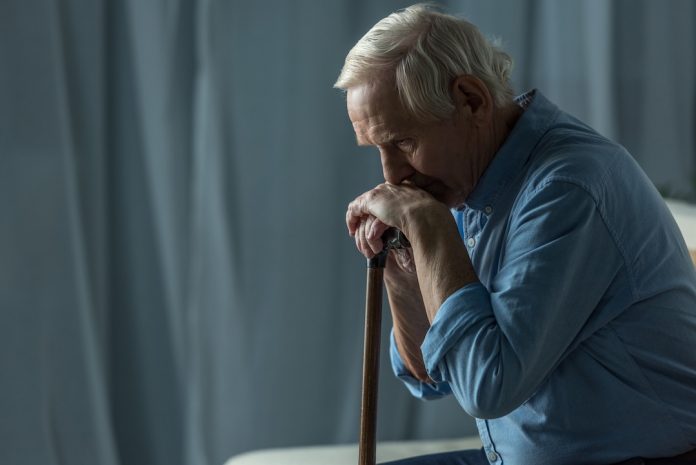
The human mind has a negativity bias. Many of us play and replay painful scenes of interpersonal conflict or embarrassing moments on an iMax screen inside our head. It’s not unusual to recall emotionally wrenching events from a half century in our past – as if there is no statute of limitations on ugly memories.
Comprehensive reviews of Behavioral Science research have shown that painful experiences leave a much stronger impression in our minds than do memories of positive experiences – in relationships and many other domains. One psychologist claims that it takes five positive experiences to compensate for one negative interaction.
San Francisco Bay Area psychologist Rick Hanson has this ‘take’ on it:
“Our minds act like Velcro for bad experiences and like Teflon for positive ones.”
Researchers believe that this lopsided equation had evolutionary value. Tribes or clans that were hyper-vigilant about potential dangers and threats to their welfare were more likely to survive and produce future generations than were tribes that were less attentive to threats. Speculation on evolutionary value is one thing. Living with a negativity bias is another. Many of us are haunted by misunderstandings, missed opportunities, miscommunications, and painful interactions.
Living through senior decades frequently complicates the picture. We suffer the grief of losing friends and siblings. We are physically less agile and durable than we were in younger decades. Many mature adults suffer from chronic disease. Given all the above, it’s not difficult to slip into a mindset dominated by a pessimistic view of life.
That trend however represents a problem. Becca Levy, a PhD and Professor of Psychology at Yale University, has conducted research that shows a 50% less likelihood of contracting dementia for people with an optimistic view of life. Optimism, however, is not like a shirt that you can just put on. Where do we go with a tangible negativity bias and a life phase that presents so many challenges?
Psychologists have some useful answers to this quandary but there’s a catch. Psychological guidance offers promising solutions to this and many other problems of the ‘human condition’, but these solutions do not come served on a silver platter. They take work, … work like a runner who wants to be competitive in a marathon; work like a musician who wants to play for distinguished symphony. All these skills require devoted effort to achieve cherished goals. Readers who understand the messages below and assume that insight is sufficient will be disappointed. It takes dedicated practice.
OK – here we go:
Practice Gratitude
There’s a ‘happiness gold rush’ flooding media channels everywhere. Everyone wants to live blissful lives and discard the stress and ennui of everyday existence. Neuroscience experts are quick to say that our brains were built for survival, not happiness. However, all happiness ‘programs’ include one essential requirement: practice gratitude. Google it.
Cultivate the Capacity for Momentary Wonder
Be prepared to stop and marvel at the erratic garden survey of a butterfly. Take a moment to pause and appreciate the beauty of a sunset. Stop and absorb some of the joy from a group of four-year-old children playing. Life is full of momentary jewels. Don’t miss them.
Be Helpful to Others
Altruism generates good vibes for everyone involved. If you missed our article on ‘Generativity’ in the last issue, be sure to check it out.
Build Resilience Skills. Resilient Mature Adults …
- have stronger adaptive coping ability
- fewer chronic health problems
- lower incidence of depression and
- increased lifespan longevity.
Richard Houston holds a Doctorate in Education and was licensed by the Massachusetts Board of Psychology. He is a graduate of Brown University. He has conducted research on the psychological dimensions of healthy lifestyle behaviors and has had long term consulting relationships with several continuing care retirement communities. You can visit his website at Resilience-Advocate.com.
Related Articles & Free Vermont Maturity Magazine Subscription

Locus of Control: Take Charge of Your Future
Manage the Meaning of Exercise for Increased Success
The Importance of Engaging in Creative Activities after Retirement





Comment here